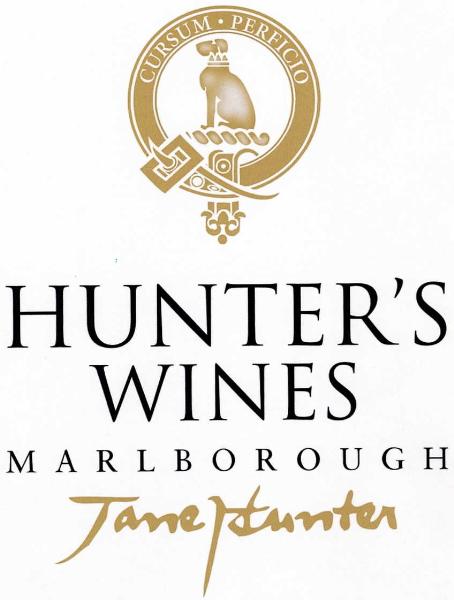Our passion for sustainability runs deep. We're proud to be able to harvest our grapes sustainably since our inception in 1979.
Quality and sustainability have been Hunter’s cornerstones since our first vintage. We’re a family winery, and we want to protect the land for future generations.
Vineyards
Sustainability is our vineyard's essence at Hunter's. We proudly stand alongside Sustainable Winegrowers New Zealand (SWNZ).
Our commitment to sustainability is ever-evolving. We've traded weed sprays for environmentally friendly mechanical under vine weeding, nurturing
our vines for top-tier grape production. 40% of our vineyards are now herbicide free.
Waste reduction is a priority. We carefully manage grape marc, transforming it through composting with sawdust into a nutrient-rich blend that rejuvenates our vineyards. This enhances microbial activity, water retention, and penetration capabilities.
Even the smallest details matter. We've made the shift to biodegradable net clips, with over 10,000 of them in use each year, replacing plastic alternatives.
At Hunter's, we're committed to sustainability in winemaking. We've proudly achieved vegan certification for our wines, ensuring no animal-derived ingredients are used in our processes.
To lessen our environmental impact, we closely monitor and reduce our annual energy consumption. We measure and record electricity, water, diesel, and petrol usage, continuously seeking eco-friendly solutions..
Biodiversity
In 2002, Hunter's Wines pioneered an extensive native garden, a rare oasis of mature dry land habitat on the Wairau Plains.
Today, this garden enriches our Rapaura vineyards, with towering totara, lancewood, and kowhai trees creating a thriving ecosystem.
We're committed to sustainability, using winery wastewater for garden irrigation and introducing exotic trees for shelter and diverse habitats.
In 2021, we uncovered a forgotten wetland on our neighboring vineyard, now a renewed habitat for native plants and birds, marking a milestone in restoration by late 2022.
We have introduced a new method in our vineyard rows to maintain a low grassy sward. This mixed sward approach benefits soil, provides nutrients, and reduces mowing. Our seed mix includes chicory, clovers, lupins, plantains, and rye corn. We use a crimp roller on the rye corn to lower its height and create a 'mat'. Clovers gradually take over, providing nitrogen to our grapevines. This approach enhances sustainability and vineyard health.
The future
The future continues to look bright. We are in the process of reducing herbicide and pesticide use, we are transitioning to more organic vineyards and reducing our footprint. We are also looking at Carbon Zero certification programmes for bench marking and carbon reduction & offsetting. Watch this space!

Are you of legal drinking age in your country of residence?



